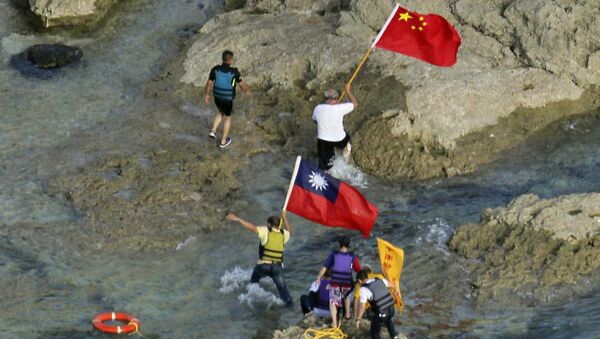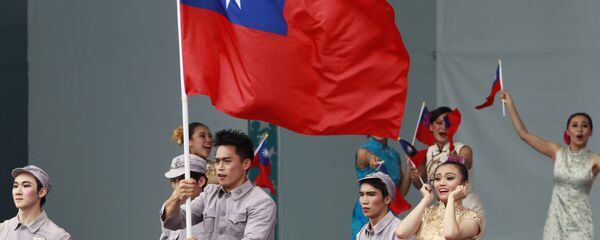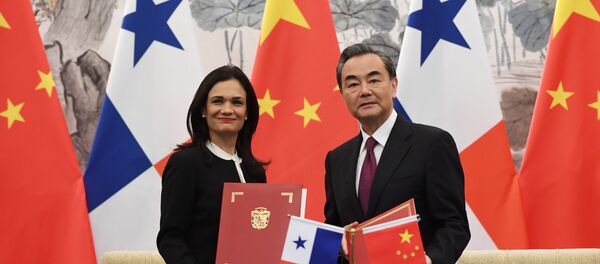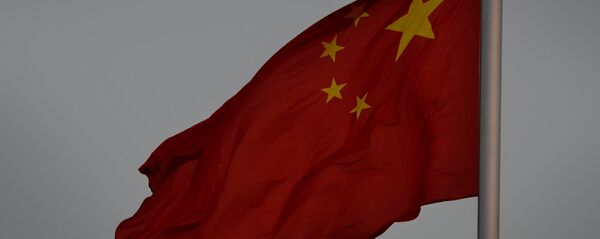Addressing the nation in a televised address on Monday, Varela called the decision to recognize the One China policy "historic," emphasizing that China was an important economic partner and the second largest user of the Panama Canal. Soon afterwards, Chinese Foreign Minister Wang Yi and Panamanian counterpart Isabel de Saint Malo signed a communique formally establishing diplomatic relations.
Panama was one of the last holdouts in the world to recognize Taiwan as the sole legitimate government of China. Taipei now has formal ties with only 20 governments, most of them small nations in Central and South America, as well as microstates in the Caribbean and the Pacific.
Speaking to Radio Sputnik, China observer Andrew Leung outlined why Panama City and Beijing made the move to establish relations now, and why Panamanian authorities decided that their relationship with Taipei was no longer bringing them any dividends.
In Beijing's case, Leung recalled that "the new Taiwanese government under President Tsai [Ing-wen] has not accepted the old formula of accepting the 'one country' principle with the different interpretations on both sides of the Taiwan Strait. There are [also] powerful political parties inside Taiwan veering toward more independence. Beijing is extremely worried about this trend." Accordingly, it makes sense for China to want to put the squeeze on Taipei politically, including through the issue of diplomatic recognition.
"The second dimension," according to the observer, "is that China is a much, much bigger economy than Taiwan, and China sits right at the heart of the globalized supply and value chain. So China's economic clout is much, much bigger, and for various countries, the Chinese market…is regarded economically as much, much more important than anything else – in terms of trade, in terms of job creation, in terms of investment from China. So it is no wonder that more and more countries would like to switch towards a relationship with China."
In Beijing's case, the analyst noted that with forces inside Taiwan looking for a greater degree of independence, "China wants to narrow the economic space to stop Taiwan from doing this. Don't forget, there are many Taiwanese companies established on the mainland, and these companies don't want to rock the boat either. But on the other hand, the new government in Taiwan seems to allow more and more space for this independence tendency, and that worries Beijing."
Ultimately, Leung stressed that there are now "only twenty countries left which maintain relations with Taiwan, most of them tiny states in the Pacific Ocean, so the economic space of Taiwan is getting narrower and narrower. At the end of the day, Taiwan relies on the United States…so that America will continue to provide military cover, or military protection for Taiwan. On the other hand, it is not in the interests of the United States, nor of China for Taiwan to rock the boat."
"Taiwan is not able to do very much; its economy is more and more dependent on the mainland. On the other hand, Taiwan is unlikely to give up, because most of the people inside Taiwan do not buy unification – there is no [political] mileage for that. So this is one of the realities. I think Taiwan will continue to try to grow its economic space, in one way or another – try to boost up its relationship with the remaining twenty countries; but the realities are such that their economic space is being squeezed, and they know it."





